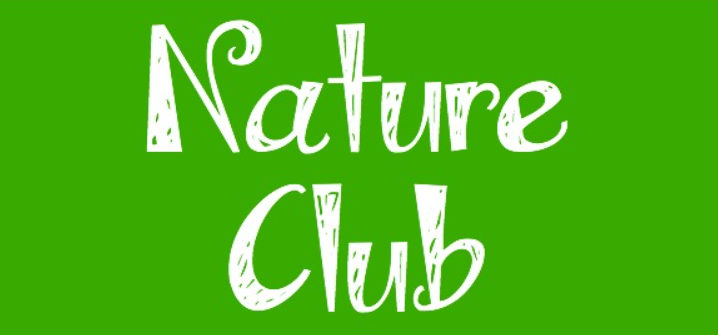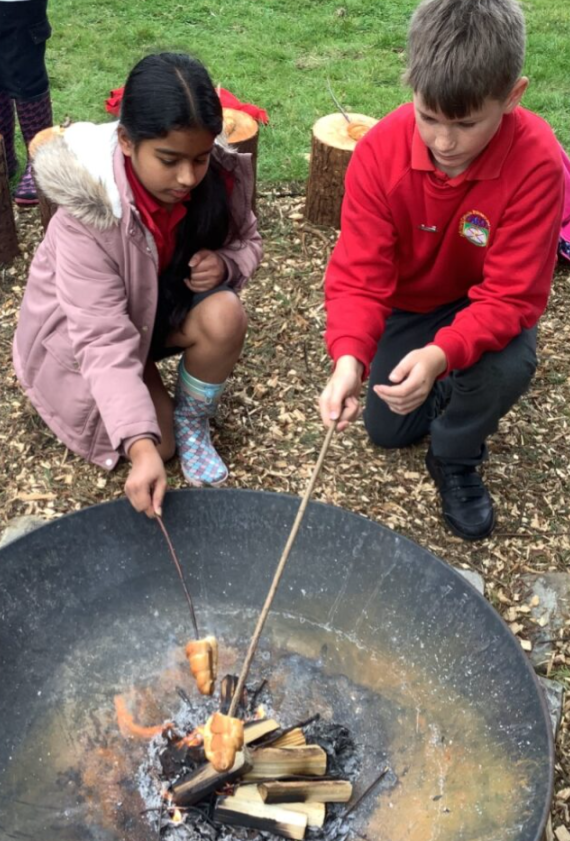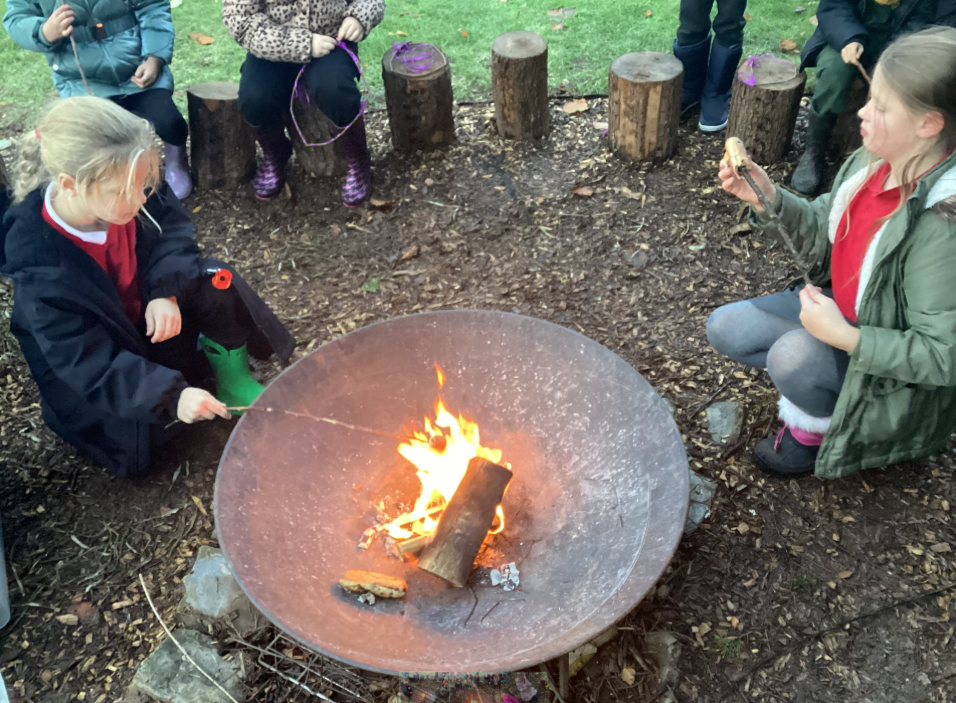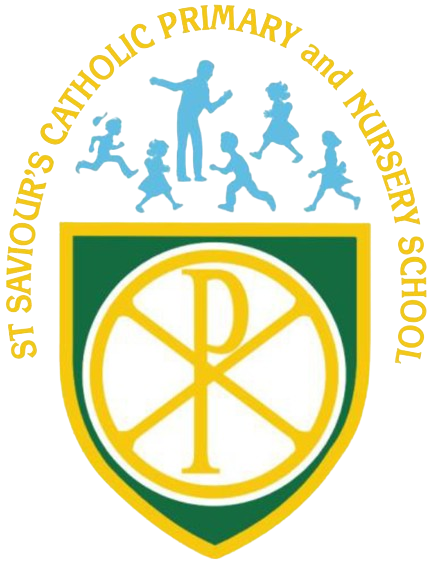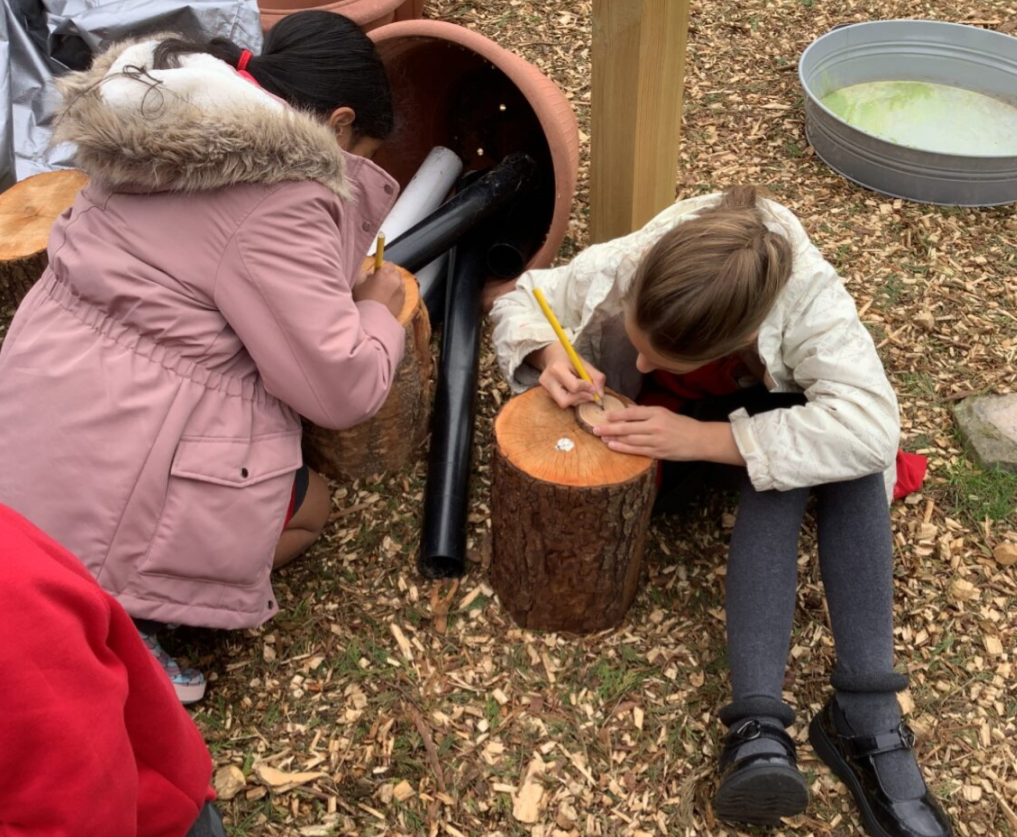Science
Scroll down to find Curriculum Maps for Science
Intent (Why we learn…)
St Saviour’s Catholic Primary and Nursery School recognises and values the importance of science and scientific enquiry to develop a fun, practical and engaging high-quality curriculum that inspires the next generation to succeed and excel in science.
- To be enthusiastic, inquisitive, lifelong learners: we ensure that the ‘Working Scientifically’ skills are built-on and developed throughout the children’s time at the school so that they can apply their knowledge of science when using equipment, conducting memorable experiments and investigations; asking questions to be curious, inquisitive and excited by the sciences.
- To be strong communicators: we encourage children to build arguments and explain concepts confidently, being familiar with scientific terminology.
- To be well-rounded, independent and resilient learners with aspirations: we believe that having secure scientific knowledge, concepts, skills and positive attitudes help to build independent and resilient learners with aspirations for the future which have been inspired by scientists and whole school science celebrations, alongside high-quality lessons.
- To develop and use their God given talents by being creative: we provide opportunities for children to use their God given talents within science to think creatively, ask questions, and foster a healthy curiosity and interest within science. This helps them discover their passions, relating to real world experiences, in different ways to cater to the needs and uniqueness of all pupils.
- To be responsible citizens who are eager to make a positive contribution to their community and wider society: we aim to create children who are eager to ask and answer scientific questions about the world around them, to make a positive impact within the wider society and understand what it means to be a successful scientist and make change in the world.
Children are provided with scientific texts within classroom reading corners, to promote a love of reading, offer a variety of genres and to capture the scientific minds of children. Classes will also explore high quality and engaging texts with scientific concepts within guided reading and writing sessions.
Implementation (How we teach...)
At St Saviour’s, we use the National Curriculum to ensure every teacher teaches the knowledge and understanding appropriate to that age group within science. We believe in having high expectations for all children through ‘Quality First’ teaching.
Teachers plan the curriculum for their year group and use knowledge organisers to help support with key concepts and vocabulary. In Y1-Y6, we explore a topic each half term and science lessons are delivered on a weekly basis. In EYFS, children are exposed to scientific concepts through ‘Understanding the World’ within continuous provision and direct teaching.
In key stage 1 and key stage 2 we use ‘Twinkl’ to plan objectives and support with resourcing; our curriculum is well mapped out to ensure it is not only engaging and relevant, but also cohesive so learning is built upon year by year.
‘Working Scientifically’ skills are embedded into lessons to ensure these skills are being developed throughout a child’s school career, and new vocabulary and challenging concepts are introduced through direct teaching. Through enrichment days, such as ‘science week’, we promote this subject effectively. Teachers use enhancement opportunities to help further develop children’s understanding, such as the use of workshops with experts and educational trips. In the autumn term year 5 experienced ‘Chemistry with Cabbage’ learning about materials and their properties through experiments. In the summer term, year 4 will have the opportunity to experience a Urenco workshop where they will sort materials in practical activities including sieving, chromatography, testing for acids and alkalis and the use of a centrifuge.
Children are supported throughout lessons and the use of ongoing assessment for learning and feedback to children enables teachers to address misconceptions and ensure progression within lessons. This will then inform planning for future lessons and identifies where further individual or group support is needed. We use the ‘Sonar’ software package to track pupil progress and attainment in science along with using a summative topic test at the end of each half term.
The science curriculum provides children with memorable experiences, diverse and rich opportunities from which they can learn and develop a range of skills. We aim for children at St Saviour’s to develop scientific minds and a passion for learning more about this subject.
Impact (As a result…)
The teaching of science at St Saviour’s results in a fun, engaging and high-quality science education, that provides children with the foundations for understanding the world. The impact of our science curriculum can be seen in the pupil’s books; as well as in pupil data, through pupil voice and whole school initiatives which are evidenced on Tapestry.
Outcomes for all groups of pupils within the school are improving. Everything we do has the child at the centre, and strong relationships are built between pupils and staff within lessons and extra-curricular activities such as ‘science club’, which creates an atmosphere for learning.
Pupils’ progress in science is measured through ongoing assessments at the end of each half term and learning tasks are planned to address misconceptions and gaps in learning.
Pupils not only leave St Saviour’s with a secure understanding of the science curriculum; but also, with the understanding of how to be citizens in the wider world, who are responsible and aware; make positive contributions to our community and how to endeavour to be the best that they can be. They leave being pupils who are reflective, skilful, ambitious; who demonstrate a love of learning, questioning and proving scientific concepts and have an interest and curiosity in further study of science.
Understanding the World in EYFS
FS1 have been learning about healthy eating and made their own potato salad.


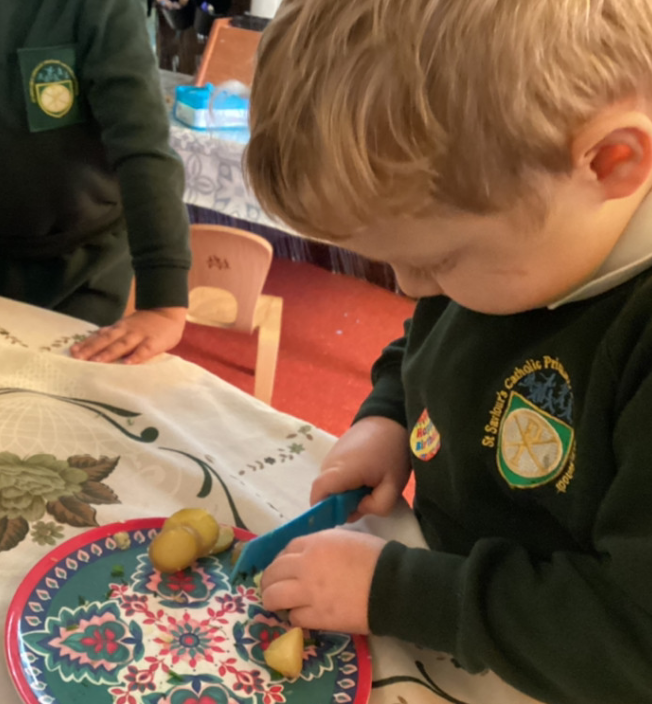
The children have enjoyed going on a 'magnetic hunt'.


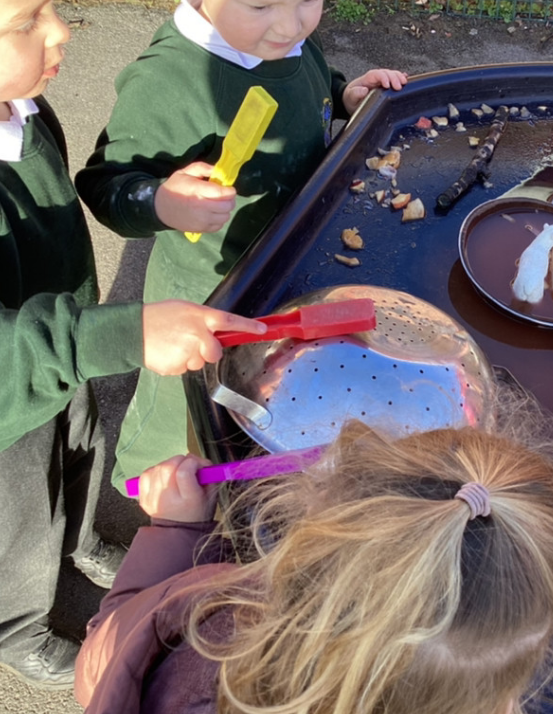
Children created paintings using magnets. 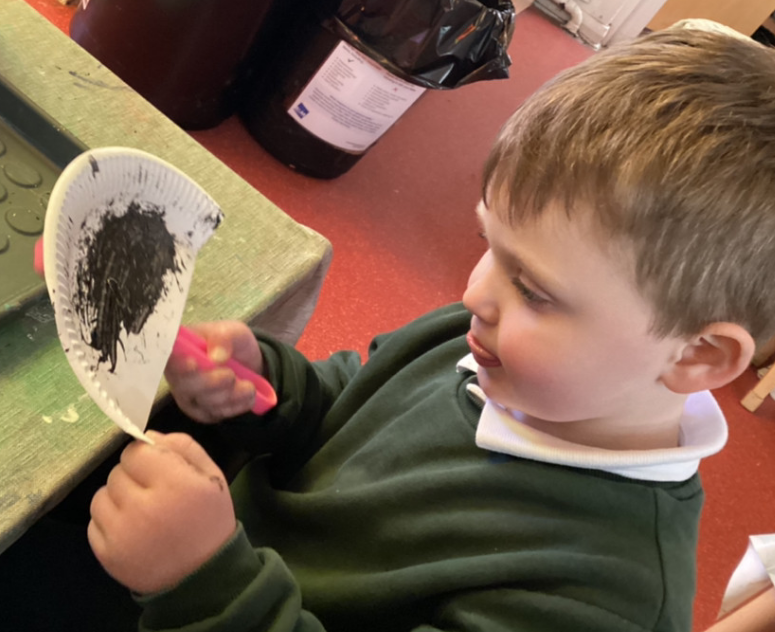
Children have been learning about polar animals and their environments.

They thought about how polar bears and penguins stay warm in such cold climates. The children touched the ice with their hands and then they had their hand wrapped in blubber (lard) helping them to understand how blubber keeps their skin warm and protects it from the cold. Children learnt that polar bears live in the arctic (North Pole) and penguins love in the Antarctic (South Pole).

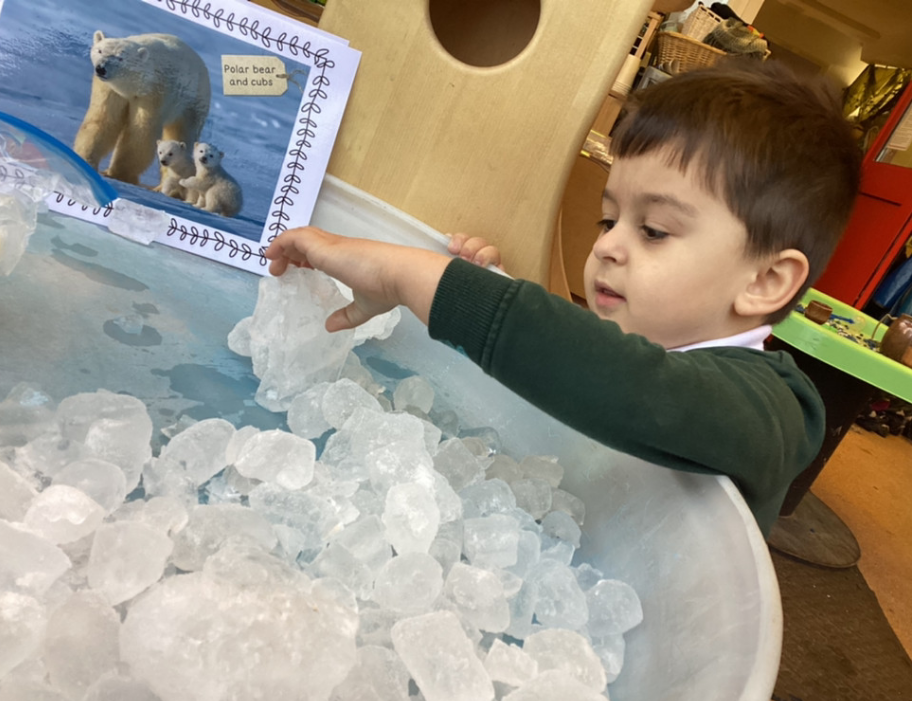
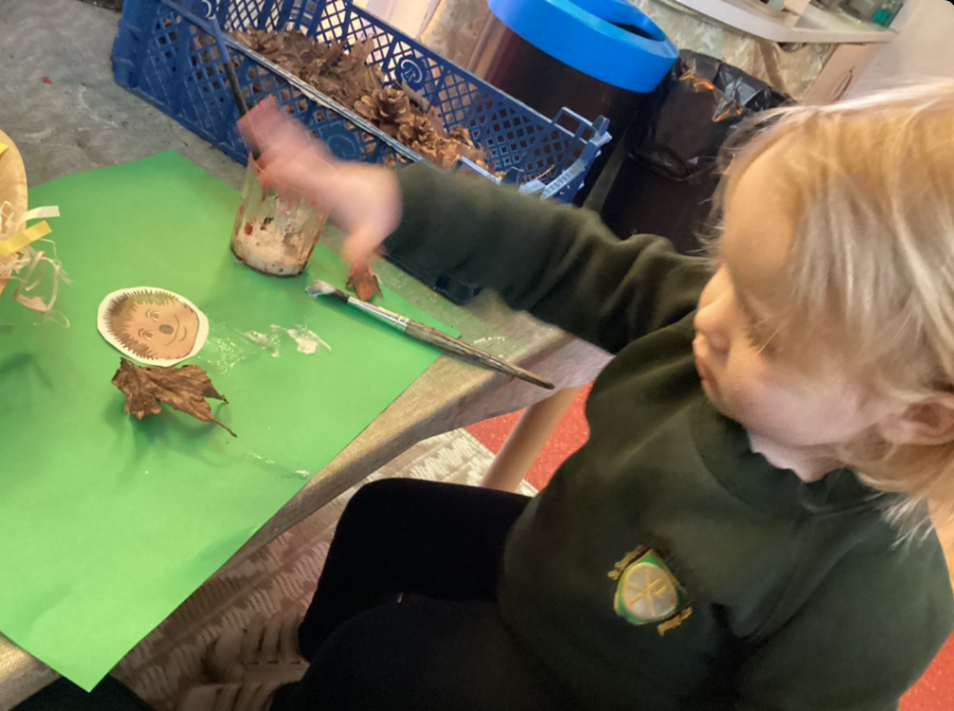
Children in FS1 have been making pictures to show how animals hibernate and use leaves to keep themselves warm.
Children have enjoyed looking for signs of winter.


FS2- looked at some of the significant astronaut missions from the past to present and discussed being an astronaut. Some of the astronauts we discussed include: Yuri Gagarin, Neil Armstrong and Tim Peake. We discussed what we would like to ask them and what it would have been like being the first person to walk on the moon. Children talked about their favourite missions and which astronaut they thought was the most interesting and why. Children looked at photos and talked about what they could see and the different rockets and space suits.

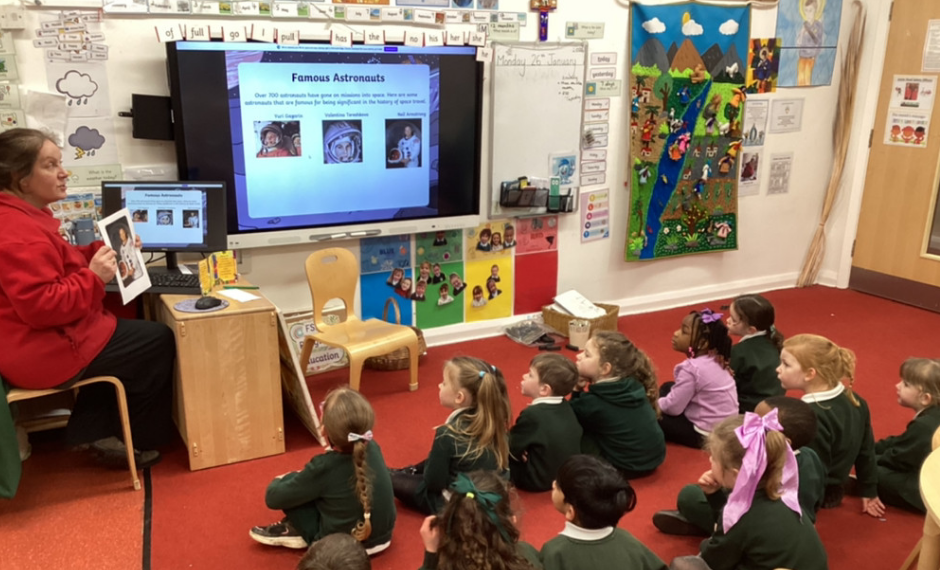
Children have planted daffodils and have been measuring their growth.
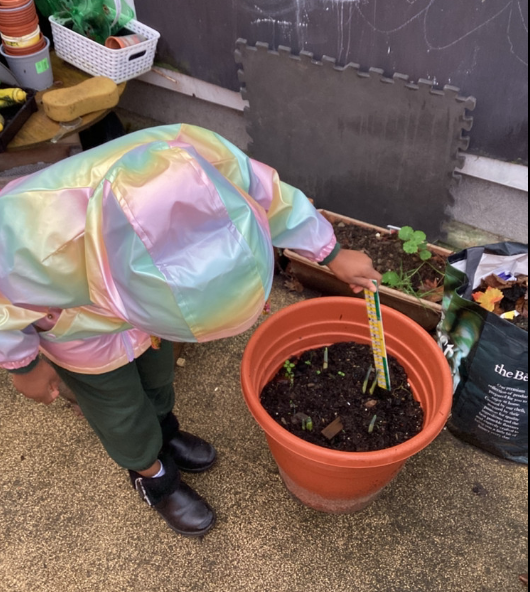
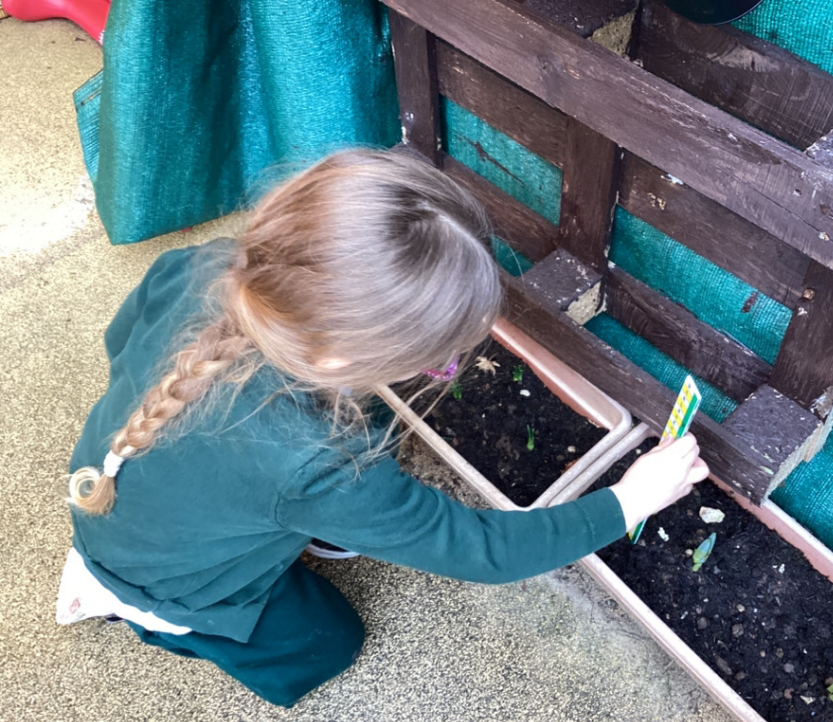
Children have been painting the planets in the solar system and learning the names of each one.
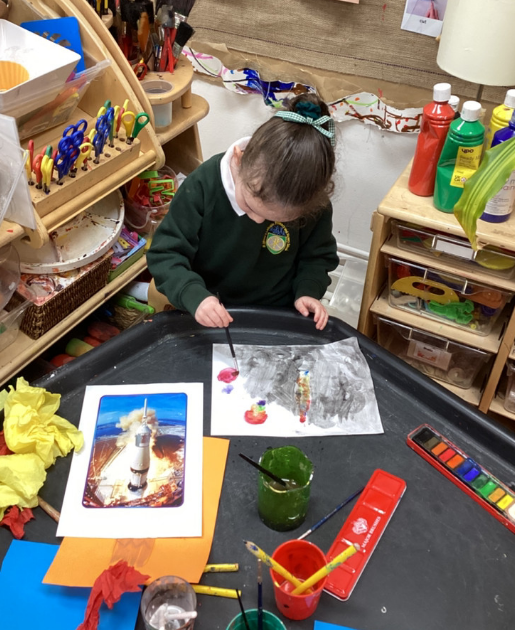
FS2 have been learning about cold environments and the animals that might live in these conditions.

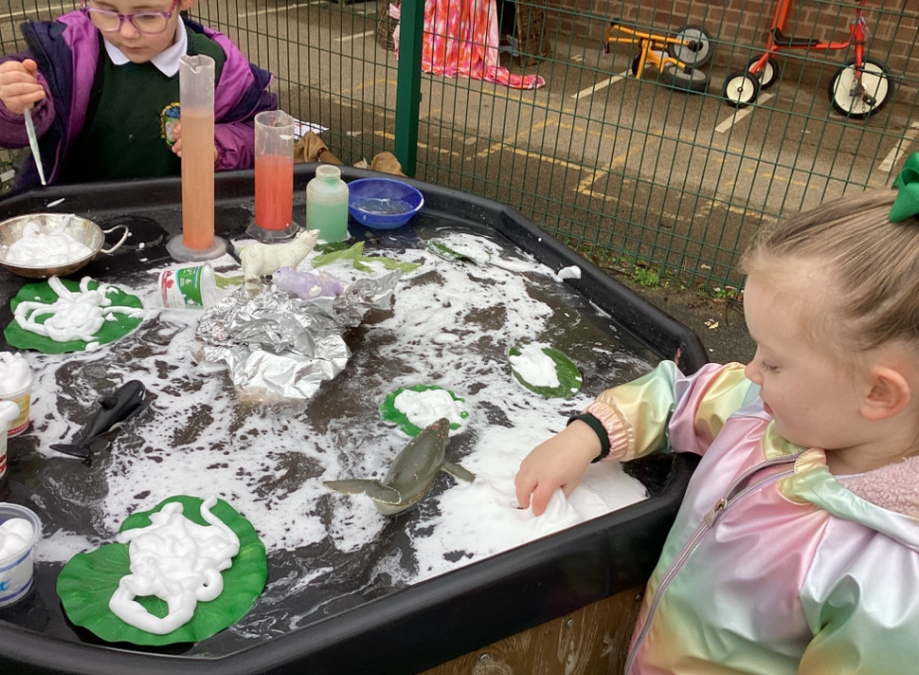
Children have been exploring ice through their play.

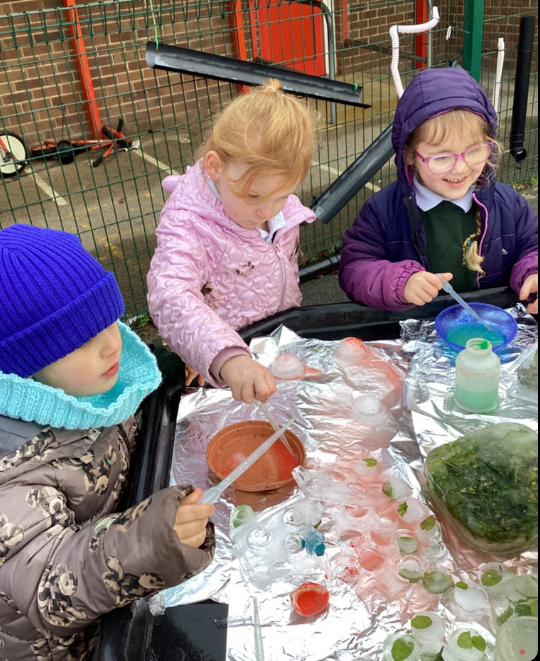
Key stage 1 and 2
Year 1 have been working hard to sort materials.

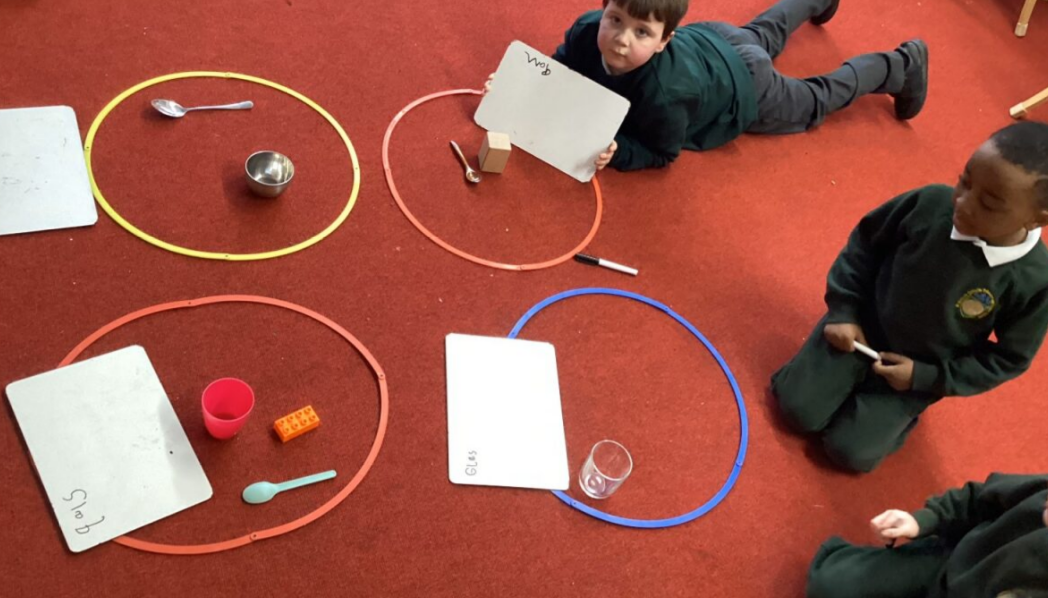

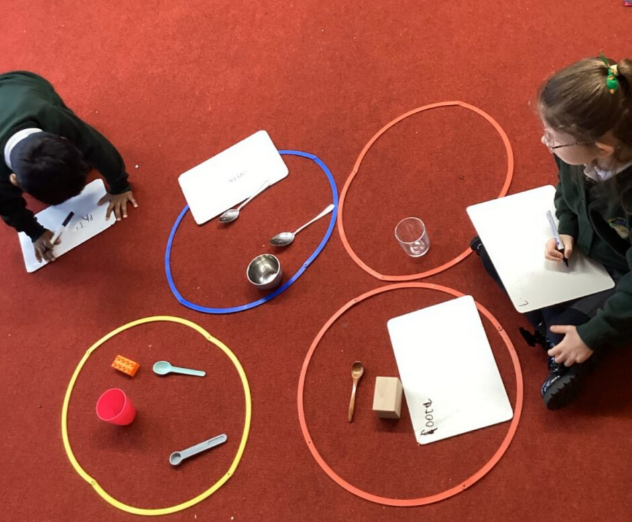
Children then went on a hunt around the classroom to find objects that were soft, rough, smooth, hard, shiny and dull.
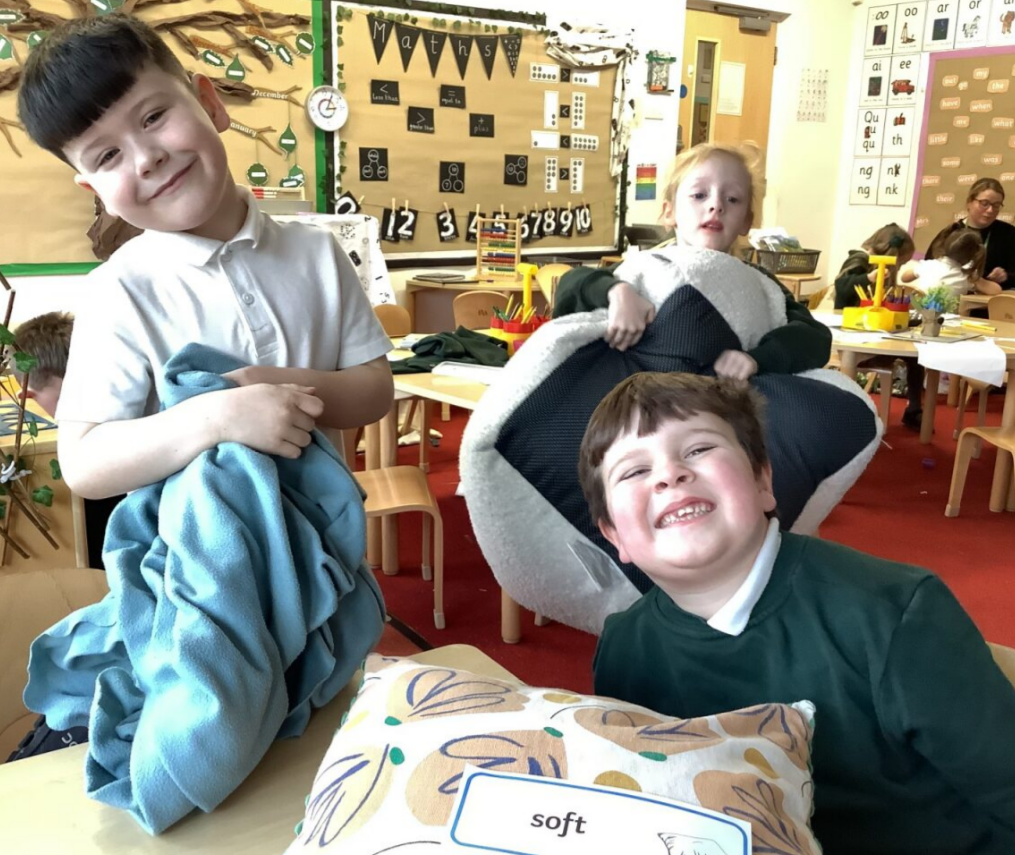
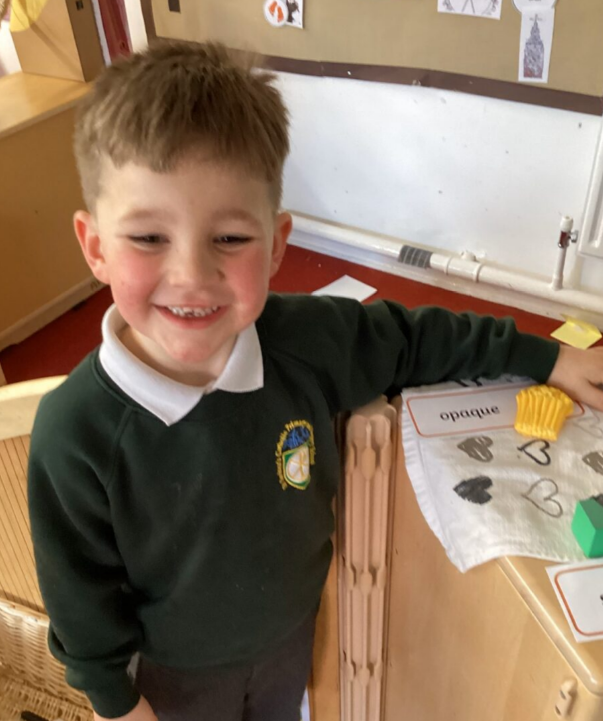
Year 2 have been busy investigating the properties of materials.



Year 3 have been working hard learning about sources of light and that light is reflected from surfaces.
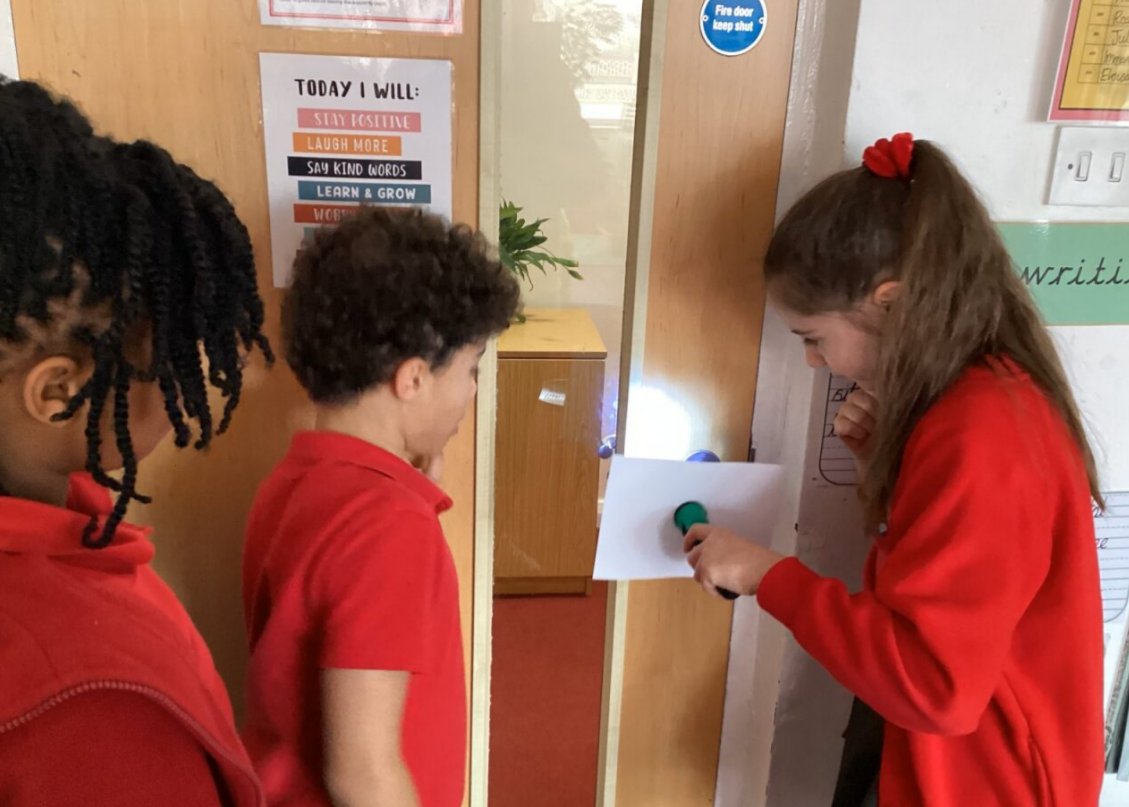
Year 4 have been investigating whether gases can be weighed.

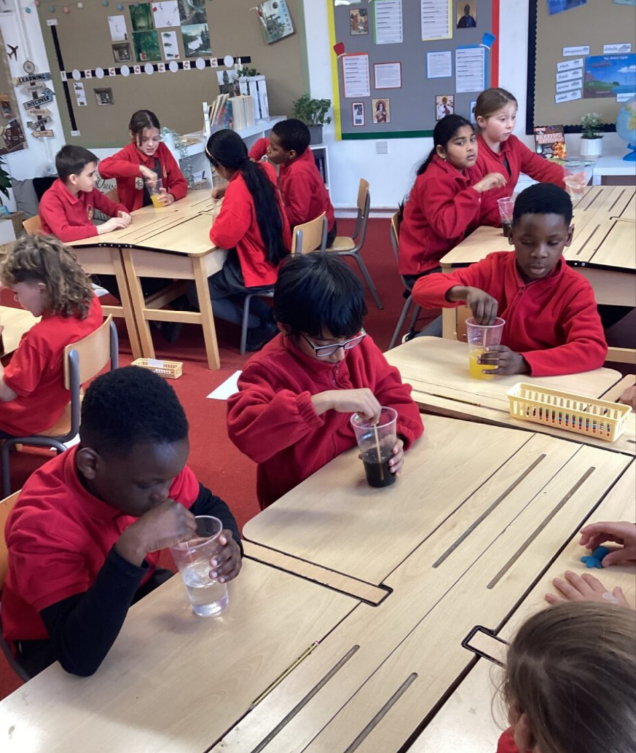
They investigated the best temperature for chocolate to melt from a solid to a liquid.

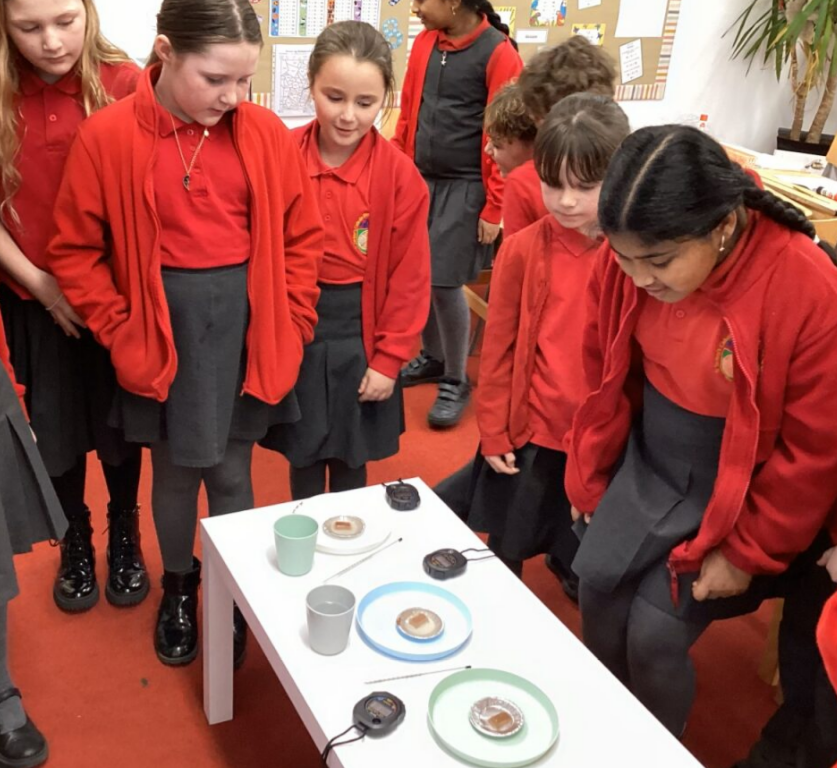
Year 5 have been describing different parts of the plant and their role in reproducing.

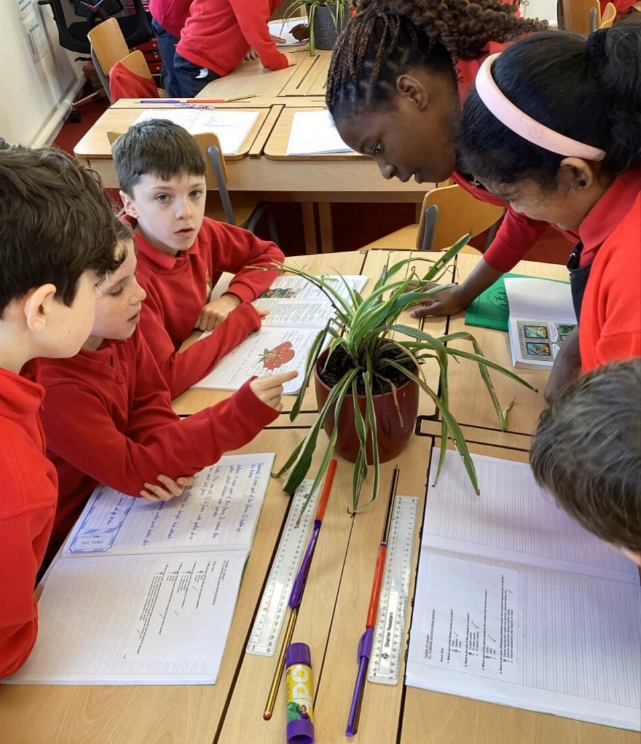
Year 6
